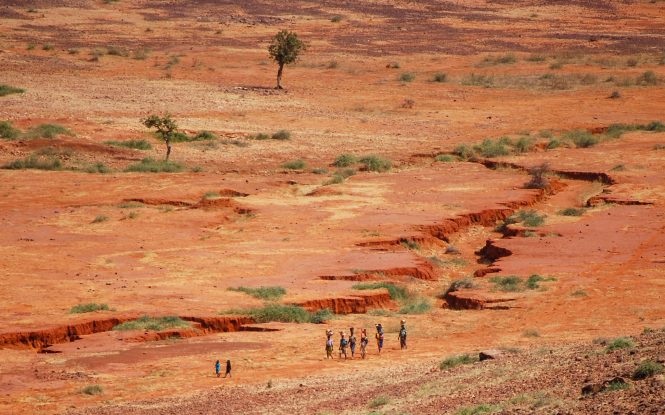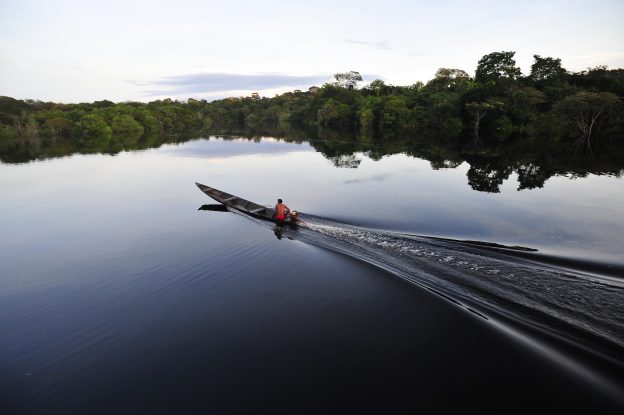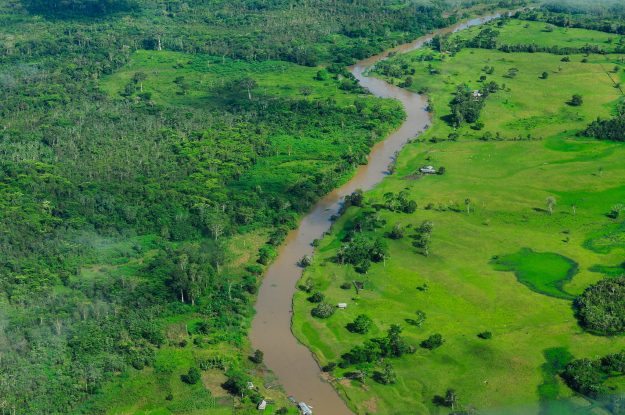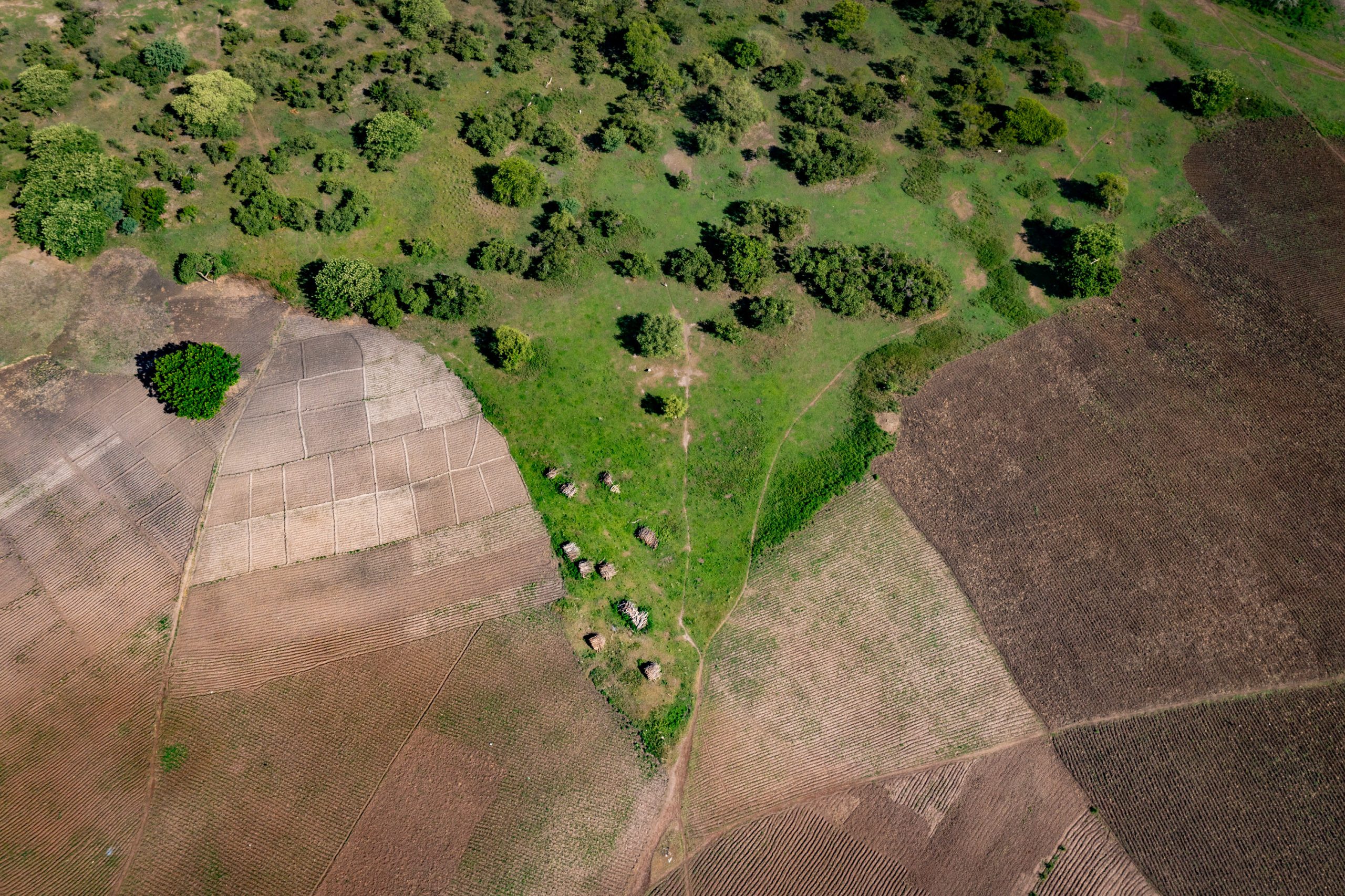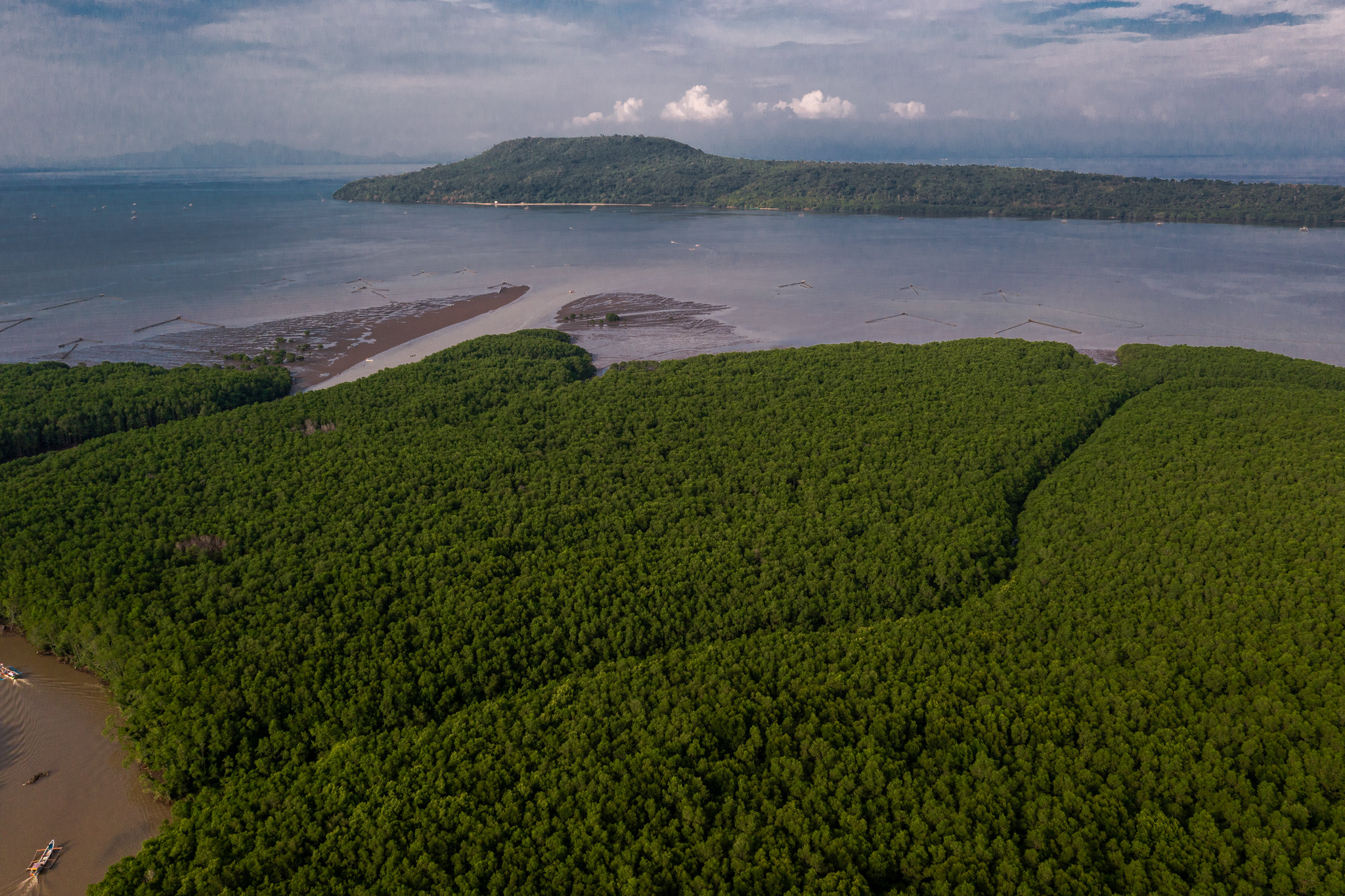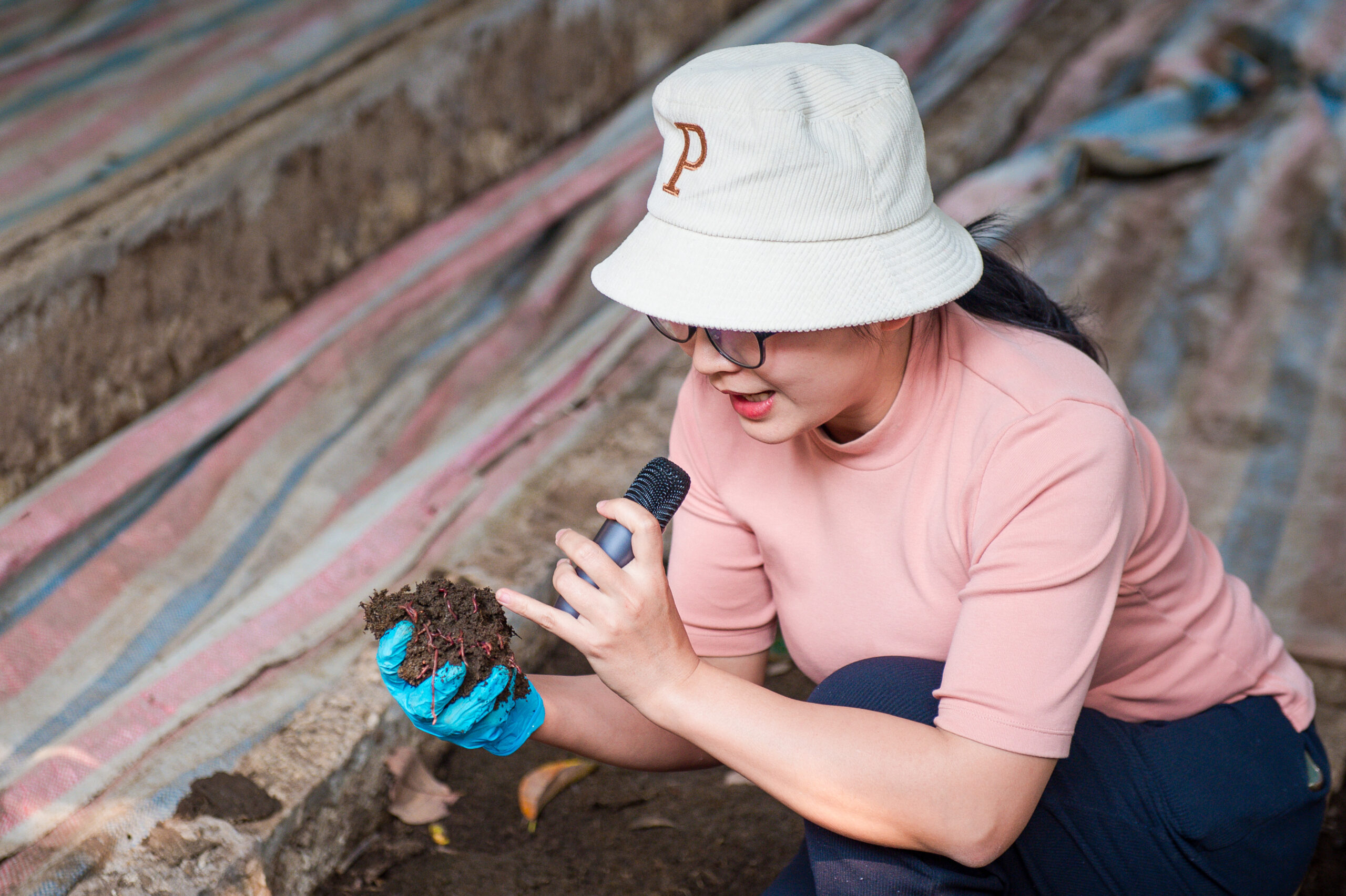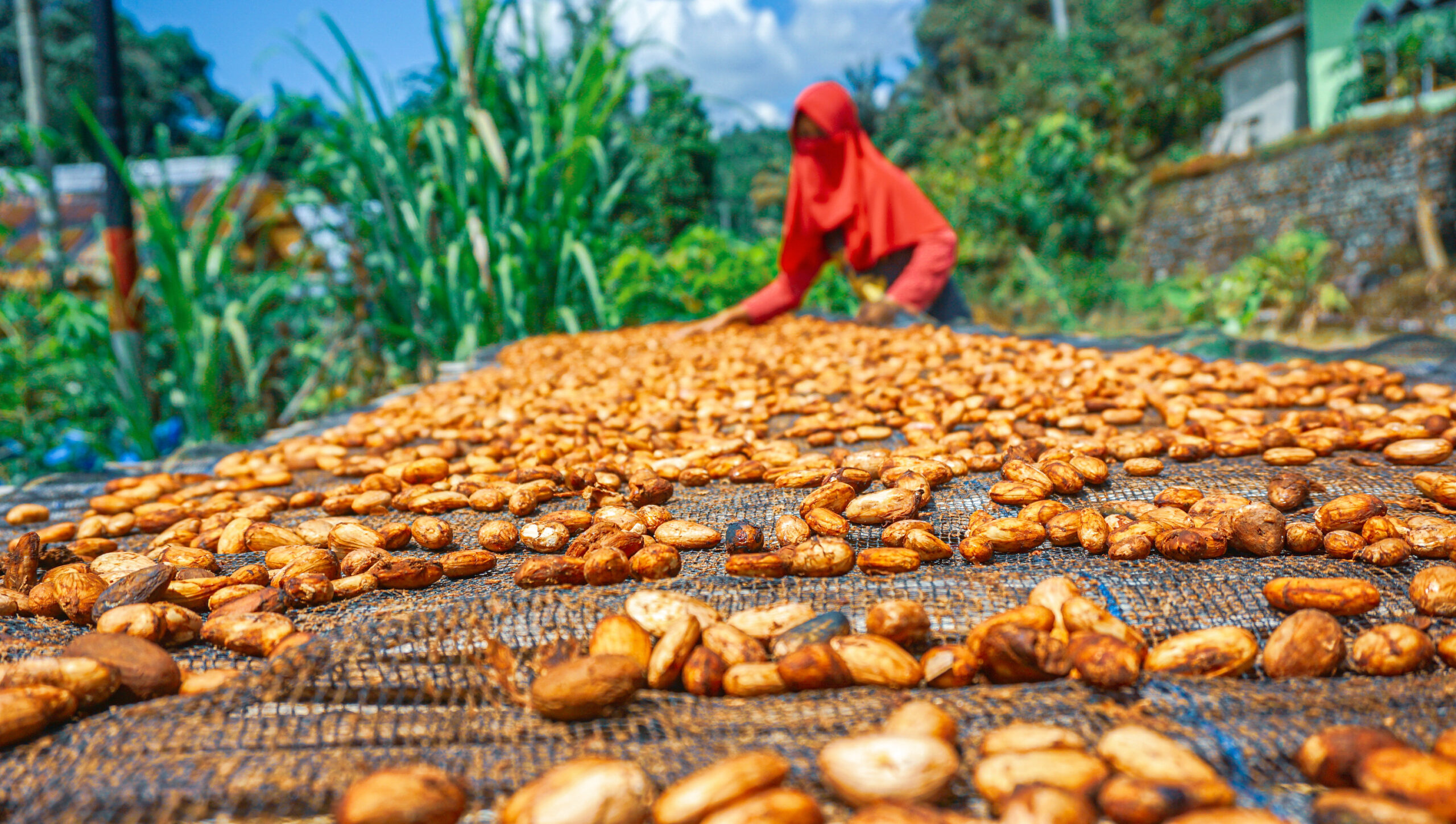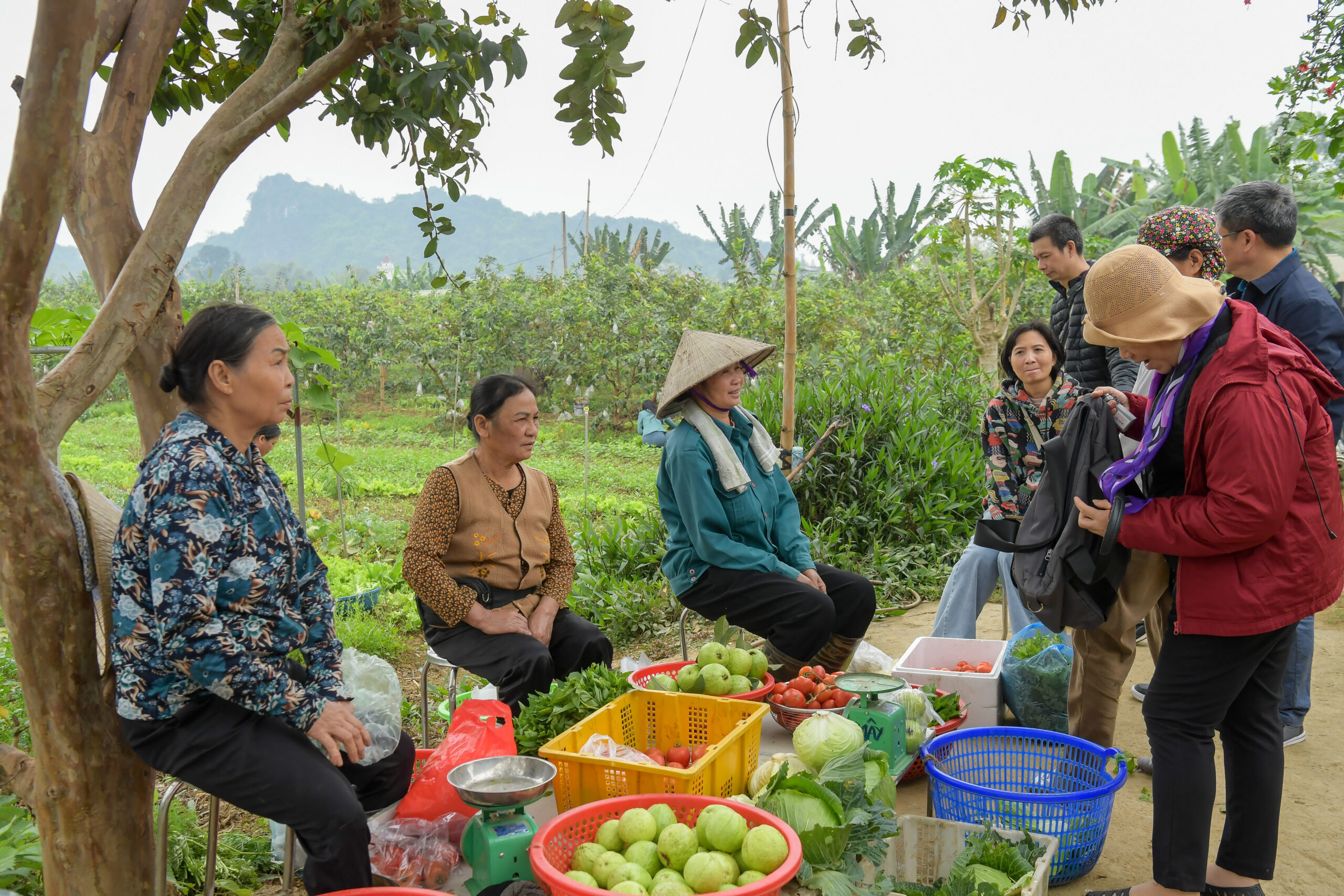As the early morning sun lit the green hills around Nairobi on the cusp of July, a quiet urgency gripped the United Nations Complex at Gigiri. At the heart of the gathering was a shared commitment to Africa climate resilience — a vision of empowering local communities to lead climate action and adapt to escalating environmental shocks. African leaders, scientists, youth activists and faith-based organizations had not convened for ceremony, but for purpose. Their mission was both moral and practical: to confront the climate crisis head-on by placing power, funding and decision-making in the hands of local communities.
Held from June 30 to July 1, 2025, the Resilient Africa Summit – officially titled the Vatican African Conference on Climate Resilience– wove together threads of science, faith, tradition and innovation. Convened under the auspices of the Pontifical Academies of Sciences and Social Sciences, in partnership with the Center for International Forestry Research and World Agroforestry (CIFOR-ICRAF), the Network of African Science Academies (NASAC) and a broad network of African partners, the summit served as both a reckoning and a call to action. More than 500 delegates, both onsite and online, arrived with stories of heatwaves, floods, droughts, biodiversity loss and food insecurity – and left with a renewed vision for resilience.
Participants were unanimous: Africa is on the frontline of a climate crisis it did little to cause. Without tools and resources flowing to local actors, the human, environmental and economic toll will only grow.
“We have all witnessed the devastating effects of climate change — from prolonged droughts to catastrophic floods that are disrupting livelihoods and ecosystems in Africa. The time to act is now,” said Dr Éliane Ubalijoro, Chief Executive Officer of CIFOR-ICRAF.
Ubalijoro warned that even the most ambitious plans will falter without timely and sufficient resources reaching the communities most affected. “Action must be matched with investment,” Ubalijoro stressed.
Local power, global solutions
A central refrain throughout the summit was the urgent need to decentralize climate resilience planning and financing. Local governments, delegates argued, are best positioned to understand community needs and design tailored responses. Yet, they remain marginalized in existing funding structures.
“Weak institutional coordination, limited access to financial resources and inadequate technical capacity hinder effective climate change adaptation and resilience-building efforts”, said Dr Wilber Ottichilo, Governor of Vihiga County and Chair of the Environment, Forestry and Climate Change Committee of the Council of Governors in Kenya. “We need direct access mechanisms, we need support and we need trust.”
In response, county governments pledged to develop city- and region-specific climate resilience blueprints, including bankable investment plans for climate-resilient infrastructure, nature-based solutions and agroecological transitions. Collaborating with financial institutions such as KCB Bank, which is preparing a USD118 million proposal on climate-smart technology for small and medium enterprises, local authorities are charting a path that is both grounded in community needs and financially viable. 54660280743_b9e2cffa11_k
MAST: A new framework for action
A key highlight of the summit was the endorsement of the Mitigation, Adaptation and Societal Transformation (MAST) framework – a three-pillar strategy designed to move Africa beyond reactive responses and into a proactive climate resilience.
“Africa can achieve climate resilience when action-oriented alliances of local governments, civil society, science, farming communities, and business are formed and supported by increased volume and quality of adaptation finance,” said Dr Joachim von Braun, President of the Pontifical Academy of Sciences.
Von Braun noted that adaptation currently receives only around 10 percent of total global climate finance – a disparity he called fundamentally unjust.
“This imbalance exists because the world is not fair,” von Braun said. “Mitigation benefits those who contributed the most to the greenhouse gas emissions – that’s a rich world, so they care about that.”
While the goal of keeping global warming below 2°C remains essential, the MAST framework emphasizes that adaptation must be the top priority in Africa due to its heightened vulnerability. Societal transformation, through education, behaviour change and institutional reform, is the third and often overlooked pillar.
“Africa’s resilience journey must be science-informed, locally led, justice-grounded, youth-driven and community-rooted,” added Dr. Jacqueline Kado, Executive Director of NASAC.
Faith, youth and science: A triple moral force
What set the Nairobi summit apart was its scientific rigour, youth-led advocacy and moral clarity.
Faith-based institutions, inspired by Pope Francis’s 2024 call for a Universal Protocol of Resilience, brought moral authority and grassroots engagement to the forefront.
“Climate change is not an isolated environmental issue. It is an existential, spiritual and geopolitical challenge,” declared Archbishop Philip Anyolo of Nairobi. “We are interconnected—not only through markets and media, but through the air we breathe, the rivers we drink from and the planetary systems that sustain life.”
Cardinal Peter Turkson, Chancellor of the Pontifical Academy of Social Sciences, offered a poetic yet forceful reminder: “The Earth is a garden meant to be tended with care. What we received with beauty and life, we must not pass on as a desert.”
He stressed that intergenerational solidarity is central to the Church’s approach to stewardship. “It would be unfair for us to receive creation in all its wealth and wonder and then pass it on to the future generation as a wilderness,” Turkson urged.
Meanwhile, youth leaders were given a prominent platform through the Youth MAST Dialogues. Their messages were both passionate and precise, urging meaningful inclusion in climate decision-making.
“There is nothing about us, without us. And our time is now,” said Ghanaian youth delegate Valerie Nutakor. “We urge policymakers, development institutions and knowledge networks to make climate knowledge products and financial resources widely accessible to ensure no one is left behind.”
Building resilience where it matters
Thematic discussions revealed the need for resilience across multiple sectors. In food, land and water sectors, delegates called for integrated land-use planning, stronger African science institutions and farmer-centred innovations like climate-smart agriculture and water harvesting. These were seen as critical to ensuring food security, protecting natural resources and conserving ecosystems across both rural and urban contexts.
Nature-based solutions – including reforestation, forest conservation and ecologically aligned infrastructure – were hailed as cost-effective, scalable and deeply rooted in African cultural and spiritual values. Beyond their ecological value, several leaders emphasized their potential to generate local jobs and improve community well-being. 54659220377_17717a965f_k
Equally important was the emphasis on education. Delegates advocated for embedding climate resilience in school curricula, equipping the next generation with the skills and knowledge needed to thrive in a changing climate. There were also calls to expand vocational training in green technologies and support youth-led climate-focused entrepreneurship.
In addition, disaster preparedness emerged as a pressing concern. Panellists recounted harrowing stories of communities caught unprepared by floods or droughts. Stronger early warning systems and inclusive insurance schemes were deemed critical to any meaningful adaptation strategy.
Moreover, climate-induced migration was acknowledged as a growing challenge. Delegates urged a rights-based, structural approach to the issue, recognizing that environmental degradation is pushing more and more people to abandon their homes, often with little support or legal protection.
A continental call to action
The Nairobi Summit concluded with an emphatic declaration titled “From Climate Crisis to Climate Resilience in Africa at Local and Regional Levels”— a blueprint that reaffirms Africa’s climate agenda and lays the foundation for action at upcoming global fora, including COP30 in Brazil and the final Vatican Resilience Summit in 2027.
“From Nairobi to the world, we commit to a new era of climate action anchored in resilience, rooted in Africa’s realities and powered by its people,” the declaration states.
Still, participants agreed: declarations are not enough. What’s needed now is implementation – grounded in political will, long-term finance, and sustained solidarity.
Dr Marcelo Suárez-Orozco, Chancellor of the University of Massachusetts and a member of the Pontifical Academy of Social Sciences, perhaps captured the moment best:
“In California and Massachusetts earlier this year, in Kenya today, and at summits still to come in Austria, Brazil, China, Japan, India, Rome and Oceania, we are stitching together a new narrative—one of hope, equity, and planetary care. But this narrative must be written not only with words, but with action.”

